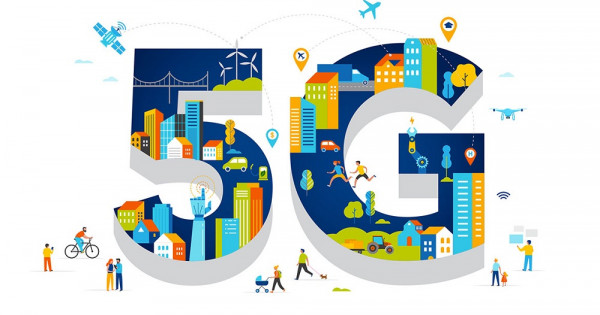
Se viene el 5G: ¿cuándo podrá estar operativo en Argentina?
Buscamos respuestas para todas las preguntas sobre esta nueva tecnología que aterriza en Argentina, como cuál es la diferencia entre 4G y 5G, cuáles son los teléfonos aptos para su uso y qué precios tienen estos dispositivos, entre otras.

Argentina puso fecha: en febrero de 2023 licitará espectro para 5G
'En febrero Argentina licita el 5G y esa licitación va a generar un volumen de inversiones en el sector de las telecomunicaciones', sostuvo Sergio Massa, ministro de Economía de Argentina en la Cámara de Diputados, en el marco de su defensa del proyecto de Presupuesto 2023. Y la noticia corrió...
 www.telesemana.com
www.telesemana.com

